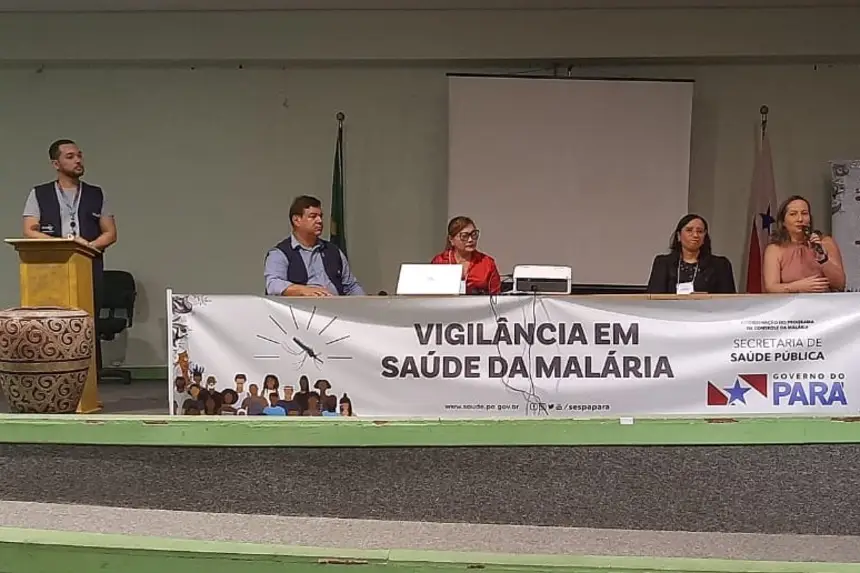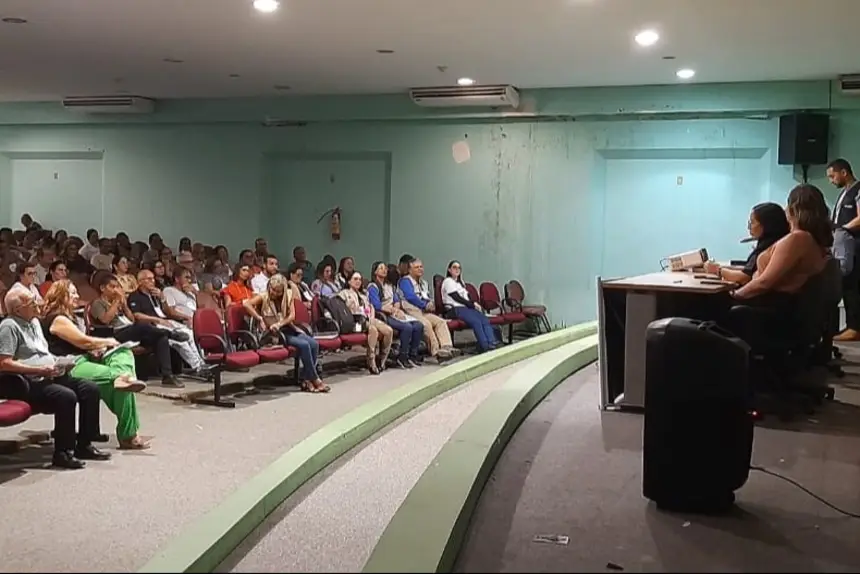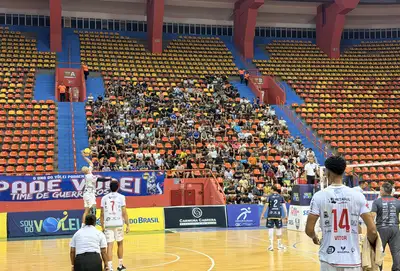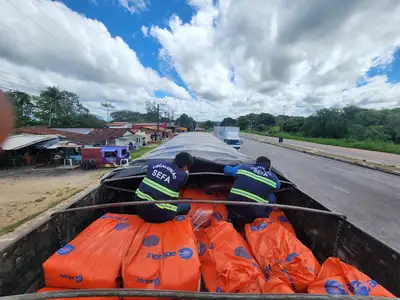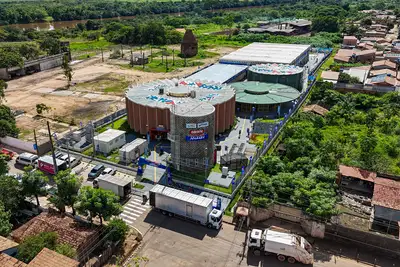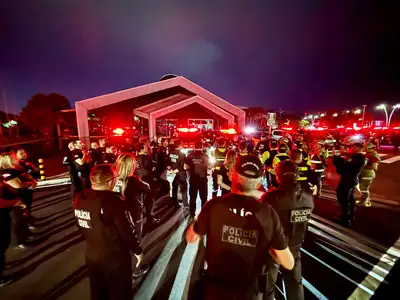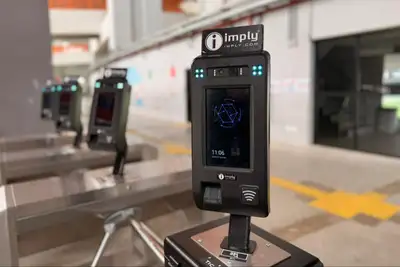Pará advances in the prevention and treatment of malaria with new medication
Health professionals undergo training to ensure the implementation of tafenoquine in the State
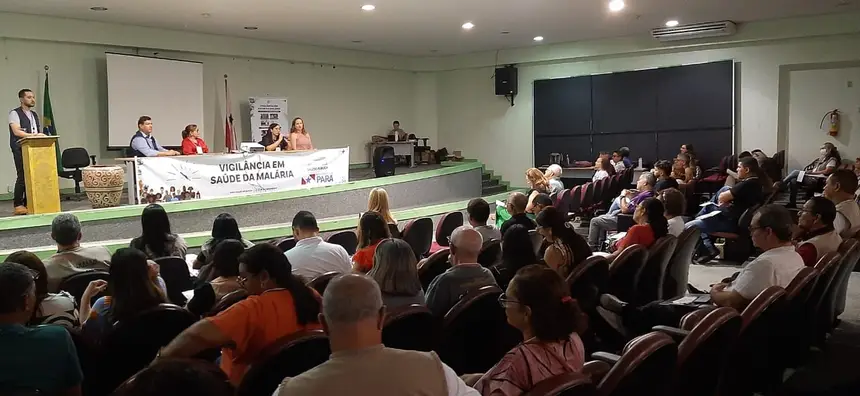
Health professionals from the Metropolitan Region are participating, until this Friday (12), in training on the implementation of tafenoquine and the G6PD diagnosis, innovative tools for the treatment of malaria. The training is promoted by the State Department of Public Health (Sespa), in partnership with the Ministry of Health (MS). The event takes place in the auditorium of the Integrated Center for Inclusion and Citizenship (CIIC).
The initiative complies with Ordinance SECTICS/MS No. 27, of June 5, 2023, which incorporated tafenoquine into the Unified Health System (SUS), indicated for the treatment or radical cure of malaria caused by Plasmodium vivax in patients aged 16 and older, and the quantitative test of the enzyme glucose-6-phosphate dehydrogenase (G6PD), essential to confirm the diagnosis before starting treatment.
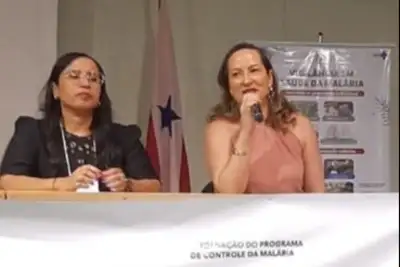
According to Paoola Vieira, coordinator of the Malaria Control Program at Sespa, the change represents a milestone in patient care and reinforces safety in the health sector to receive visitors at large events in the capital of Pará.
“We are implementing, together with the Ministry of Health, an innovative medication that reduces treatment time. Previously, the patient needed to take the medication for 7 days, which often led to treatment abandonment and recurrence of the disease. Now, with the single dose, the risk of relapse is significantly lower,” she highlighted.
The coordinator of the National Malaria Elimination Program at the Ministry of Health, Alexander Vargas, emphasized the relevance of the training.
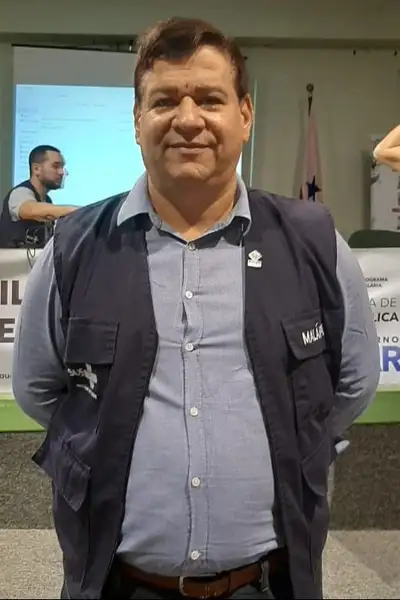
“Today we are training about 130 health professionals to ensure the safe use of tafenoquine and the G6PD test. In addition, we reviewed the types of malaria and their treatments. This is an essential step to achieve our goal of eliminating malaria in Brazil by 2035,” he stated.
In Pará, the medication has already been implemented in municipalities belonging to the 8th Regional Health Center (CRS), 9th CRS, and the 13th CRS, including Oeiras do Pará, Limoeiro do Ajuru, and Cametá. In cities like Anajás, Jacareacanga, and Itaituba, the adoption of tafenoquine contributed to a significant reduction in malaria cases between 2024 and 2025 — 76%, 52%, and 40%, respectively.
Given the positive results, the training is aimed at technical teams from the 1st CRS and also from municipalities belonging to the 2nd, 3rd, and 4th CRS, expanding the reach of the disease prevention and control strategy in the State.
Text: Suellen Santos / Ascom Sespa



